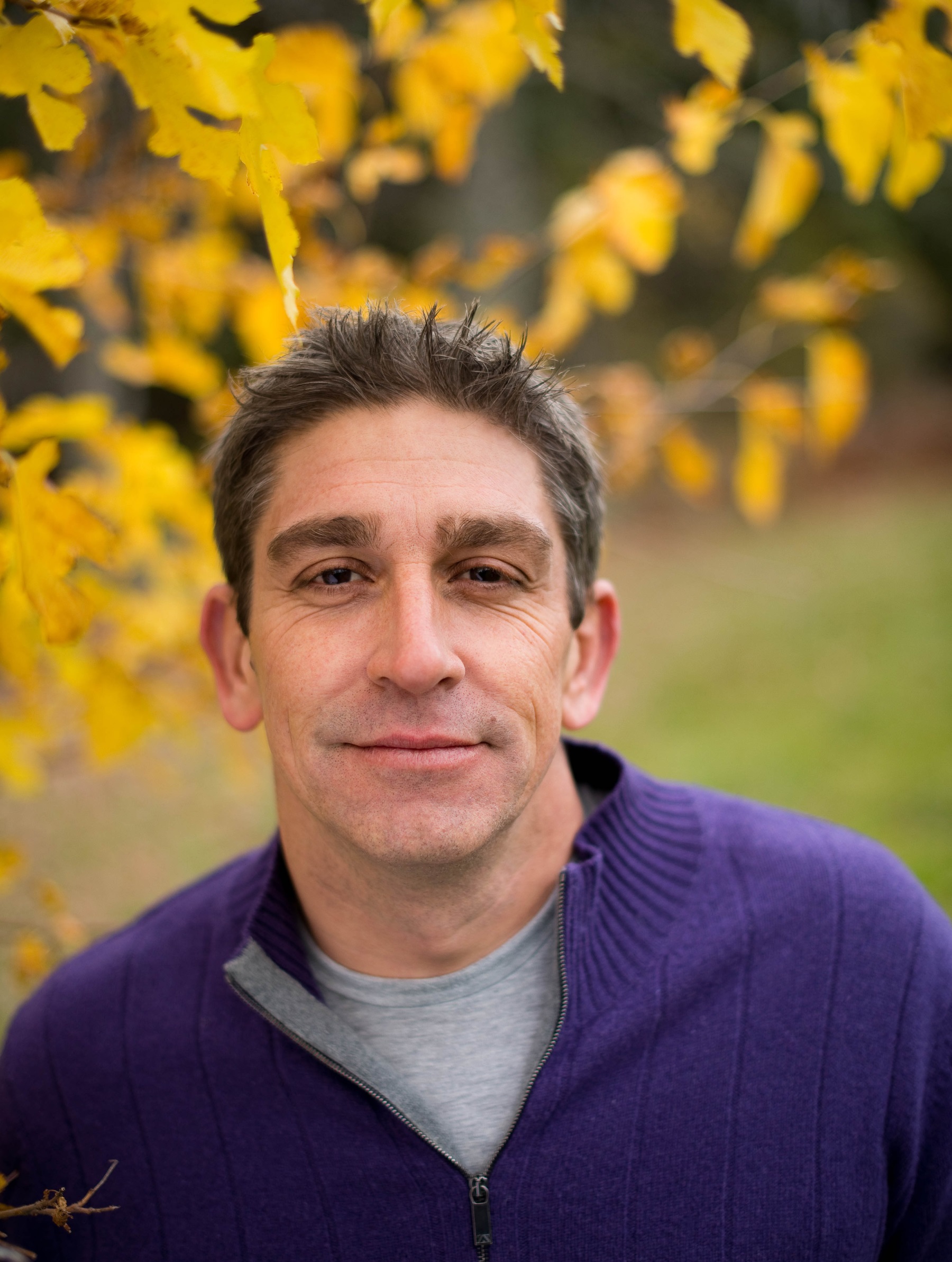Obama Inaugural Poet Richard Blanco To Read At Emory

Poet Richard Blanco will be reading Saturday at Emory University’s Schwartz Center for the Performing Arts.
Blue Flower Arts
A poet could hardly ask for a more visible podium than a presidential inauguration. That is where Richard Blanco found himself in January of 2013, at Barack Obama’s second inaugural ceremony.
His poem “One Today” garnered him immediate attention. He is the youngest poet — as well as the first Latino, the first immigrant and the first gay person — to serve as the inaugural poet.
“That moment felt like finally having a place at the proverbial American table,” he tells “City Lights” host Lois Reitzes. “Being Cuban-American and gay, I wasn’t really quite sure that I was part of that American narrative that I saw on ‘The Brady Bunch.’”
Blanco’s exploration of those feelings of belonging and alienation continues in his forthcoming book titled “How to Love a Country.” He is giving a free reading at Emory University this weekend.
He shared his poem “Complaint of El Río Grande,” which takes on the point of view of the river that serves as a natural border between Texas and Mexico. The poem contains the lines:
I wasn’t meant to drown children, hear
mothers’ cries, never meant to be your
geography: a line, a border, a murderer.
I was meant for all things to meet
“Borders, let’s be honest,” Blanco says, “borders are maintained in a way to maintain social and political power, to maintain wealth. So I wanted the river to speak in that immediacy.”
“How to Love a Country” is what Blanco calls a “mosaic of three kinds of poems.” Some come from a cycle of 12 poems on the theme of borders. Another third of the book is autobiographical and includes a work recently published in The New Yorker titled “My Father in English.”
And the rest of the book comes out of his commissioned work, such as a poem written for the organization Freedom to Marry. This work is characterized by a political edge that he says is a fairly recent development in his work, with poems dealing with tragedies like the Pulse nightclub shooting.
“Those are poems I’ve been writing on my own, thinking about my civic duty as a poet,” he says. Asked about that duty, he says that he views his work as that of an “emotional historian.”
“In some ways, my job is to record the emotional history of what it is like to live in a time and in a place,” Blanco says. “Ultimately, a poem is about connecting to an emotional core of some kind and giving real names, real lives, real faces to these social-political issues that can get really abstracted.
“I see my role as a poet, not as an instigator,” he says, “but in some ways as a bridge-builder.”
Blanco will be reading Saturday, Feb. 23 at Emory University’s Schwartz Center for the Performing Arts at 4 p.m. The event is free, and no tickets are required, but seating will be limited.





